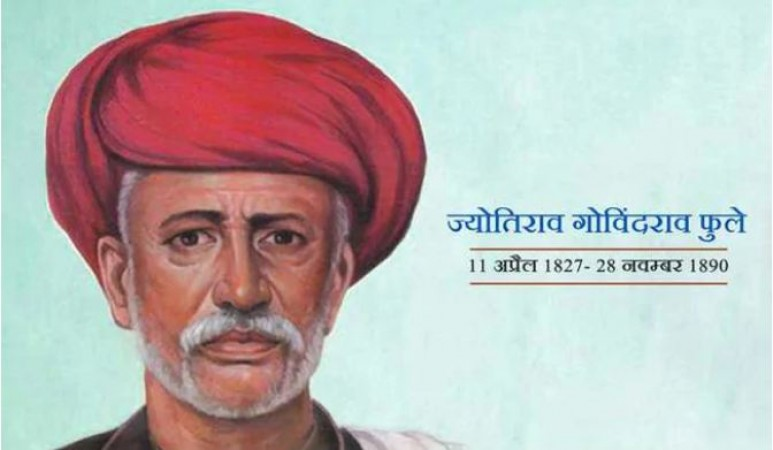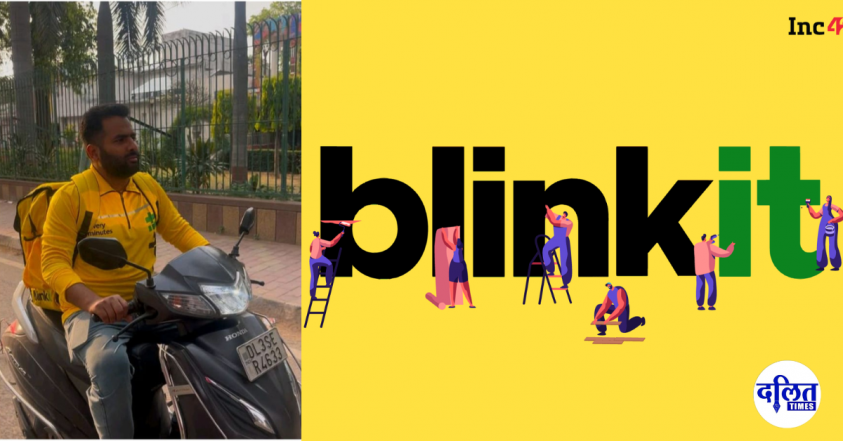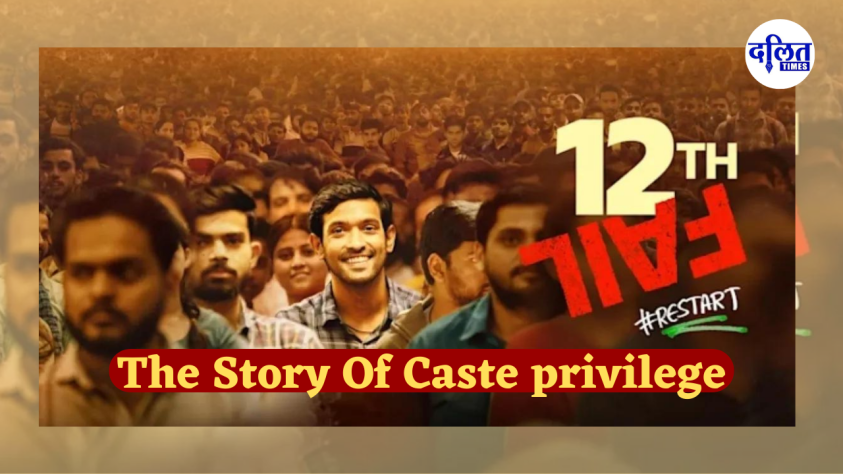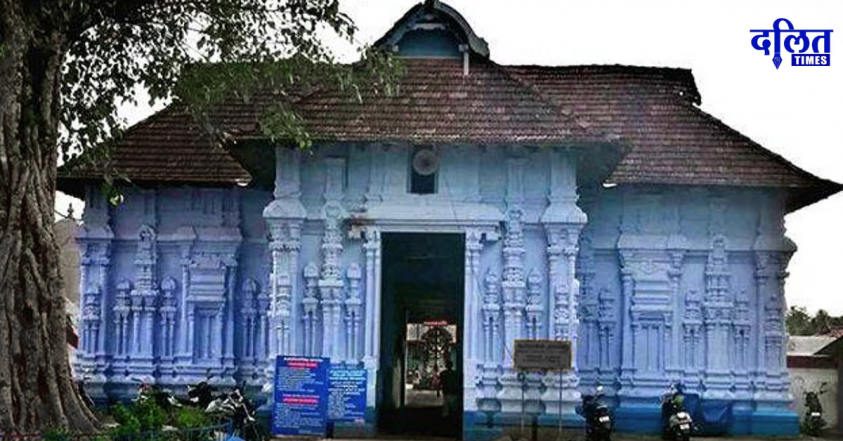Mahatma Jyoti Roa Phule (1827-1890) ‘great Soul’ of India, a philosopher, a social reformer, a leader and was one of the makers of modern India. Jyoti Rao Phule was born in 1827 to a family that belonged to the Mali cast. He occupies a unique position among the social reformers of India in nineteenth century. He was first teacher of oppressed, critic of orthodoxy in the social system after Buddha and a revolutionary. Exploitation of women and underprivileged class and protection of human rights all these issues and their rational humanist treatment was the agenda of the philosophy of Phule.
The 19th century was an era of social criticism and transformation that focused on nationalism, cast and gender. Jyotiba Phule worked extensively on issues of gender and cast. Women’s issues such as child marriage, ban on women’s education, ban on widow remarriage, female infanticide was prominent in the society in 19th century. He revolted against the unjust caste-system under which millions of people had suffered for centuries. His revolt against the caste system integrated social and religious reform with equality. He emerged as the unchanged leader of the depressed classes in Maharashtra and was recognized as a leader of downtrodden class in all over India. In order to remedy the problems of gender and caste oppression, he contributed with a constructive suggestion. This was by way of a new image of religion which was known as universal religion. He started reflecting critically about the ground realities of the huge majority of rural masses. Jyotiba Phule developed a keen sense of social justice, becoming passionately critical of handicap caste system. Besides being a leader and organizer of the underprivileged class movement, Phule was a philosopher in his own right with several books and articles to his credit.
Jyotiba Phule began his work in 1848 as a social reformer interested in education lower cast boys and girls. He encouraged his young wife Savitribai to read and write. At home he began educating his wife Savitribai and opened a first girl’s school on 15th May, 1848 in Pune. No female teacher was available to teach in the school. As not teacher dared to work in school in which untouchables were admitted as students Jyotiba asked his wife to teach in the school. The orthodox opponents of Jyotiba started a vicious campaign against him. In 1851, he opened two more schools for girls and he was honoured by the Board of Education for his work (girl’s education) in 1852. Jyotiba Phule differed from other Indian male reformers who were his contemporaries in that he did not see women’s oppression as an excuse to objectify them under the control of male norms. Rather, he believed that women have to, through their own struggles, evolve ways of living with dignity. In this, education played a very big role for Phule. Jyotiba and his wife Savitribai amidst the women’s reform movement of the nineteenth century Maharashtra.
He extended his work beyond the field of education. The drinking water tank in his house was thrown open to untouchables. It was brave and revolutionary act in 1868. He believed that revolutionary thought has to be backed by revolutionary praxis. He, along with his followers, formed the Satyashodhak Samaj (Society of Truth Seekers) to attain equal rights for people from lower castes. He identified Sudra-atishudra as the leading agency of social revolution. According to him, the Sudra-atishudra will lead the revolution on behalf of the whole society, to liberate the entire people from restricts of Hindu tradition. Thus, Phule’s ideas and work had relevance for all Indians. As cognition of his great work for the lower castes, he was felicitated with title “Mahatma’ (Great Soul) by the people of the erstwhile Bombay in 1888. He belongs to the first generation of social reformers in the 19th century. Dhananjay Keer, his biographer, rightly described him as ‘The father of Indian social revolution.’
Jyotiba Phule has worked for the masses and made them aware of education as a vehicle for social change. 19th Century was a period of social problems like Varna system, mythology, caste-system, ignorance about human rights etc. In oppressed castes great grand-parents and grand-parents did their community work which involved hard menial labour. They were not permitted social mobility other permissible for them. They were not even aware of their rights; illiteracy was very high in the society. Jyotiba shows the light of hope, to free from these problems of society. He revolted against the unjust caste-system and upheld the cause of education of women and lower castes. He started primary education and higher education and fought for their rights. Thus, he ushered in primary education as a tool in perceiving the work of the oppressed castes as dignified labour that was exploited by society. The present position is better because of education which has given them self-respect, made them aware of their rights, organizations to voice their feelings.
Jyotiba Phule can be called as Modern Indian Philosopher, who transformed traditional philosophy by turning to the practical and social problems of inequality and oppression. Many years Jyotiba Phule spoke on religious and practical issues. Through debate he has removed illusions from the people’s minds. He has inculcated in people the habit of inquiring into the veracity and cause and effect of religious matters. He has demonstrated what is right and what is wrong with respect to particular customs. He has disapproved the practice of idol worship and upholder monotheism. He has refuted beliefs that would cause harassment to people in matters of religion, duty and everyday activities. A false religion, idol worship and the caste system have together created destruction in India; this has been well described in his book Sarvajanik Satya Dharma. The life of Jyotiba Phule has become a new source of learning and a new source of inspiration for modern generation. His life provided an example and an inspiration to the oppressed masses of humanity, supreme courage, sincerity, selfless sacrifice.
Throughout his life, Jyotiba Phule fought for the emancipation of the downtrodden people and the struggle which he launched at a young age ended only when he died on 28th November 1890. He was a pioneer in many fields and among his contemporaries he stands out as one who never hesitated in his mission for truth and Justice.
Dr B L Bairwa
(MBBS MS FMAS FIAGES,Consultant Surgeon)



